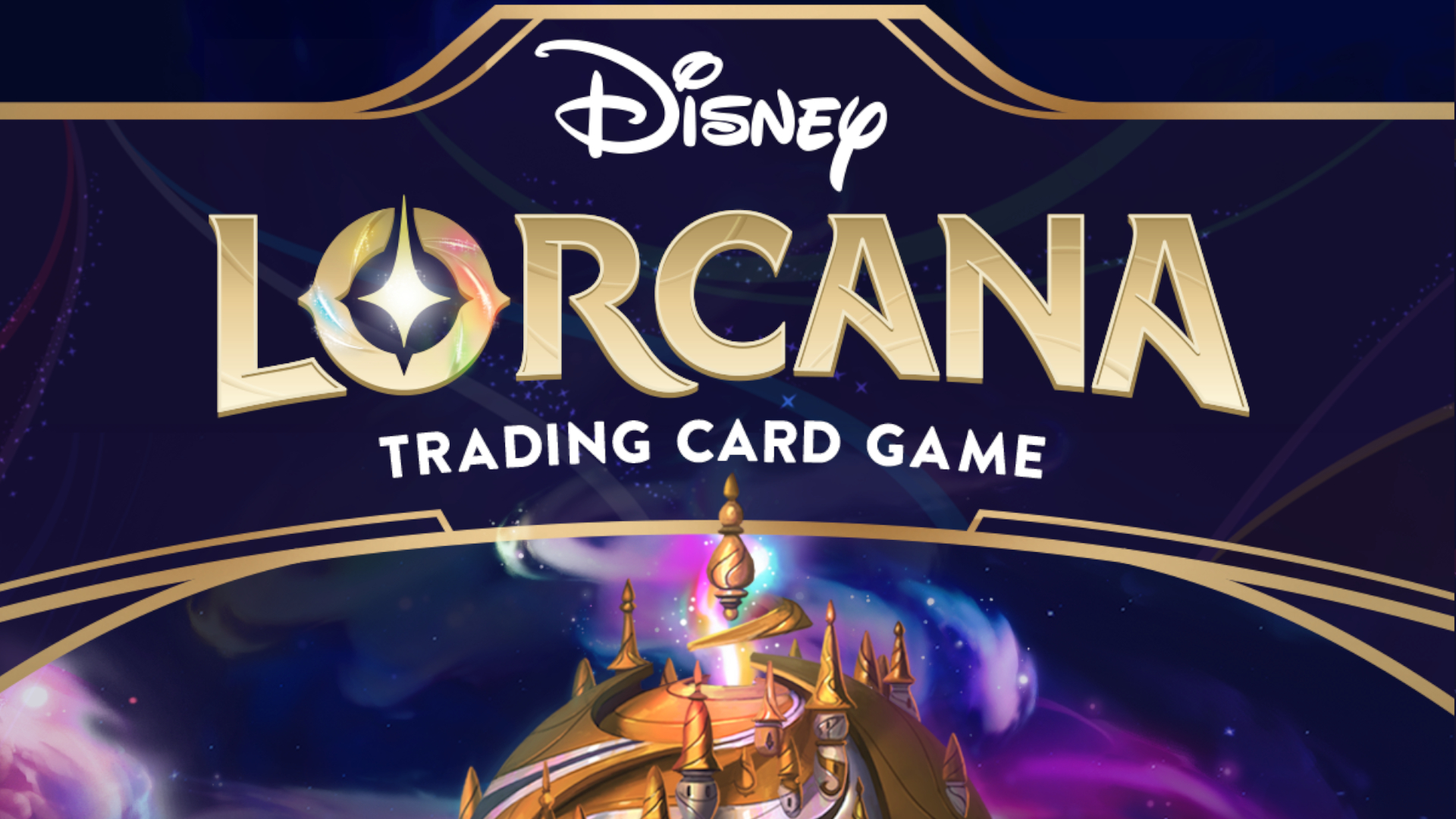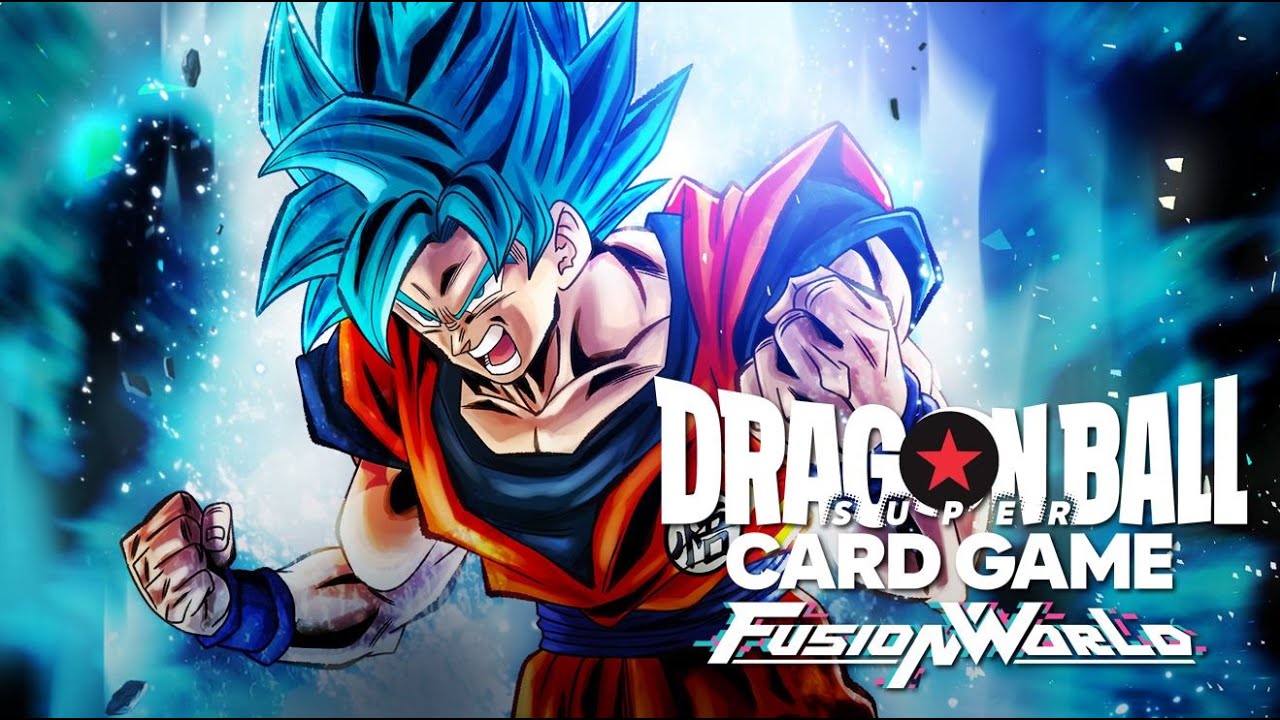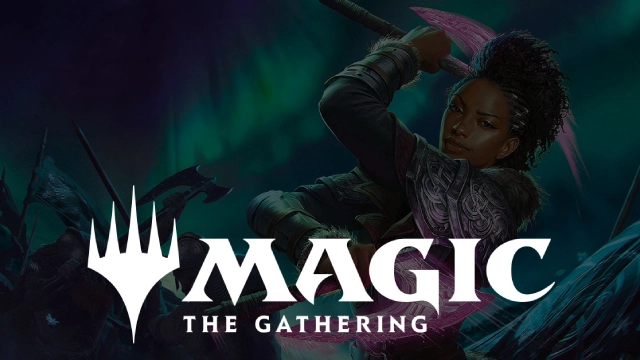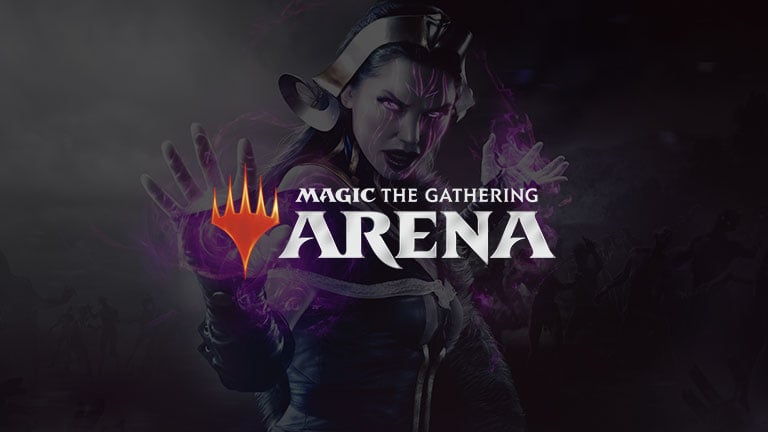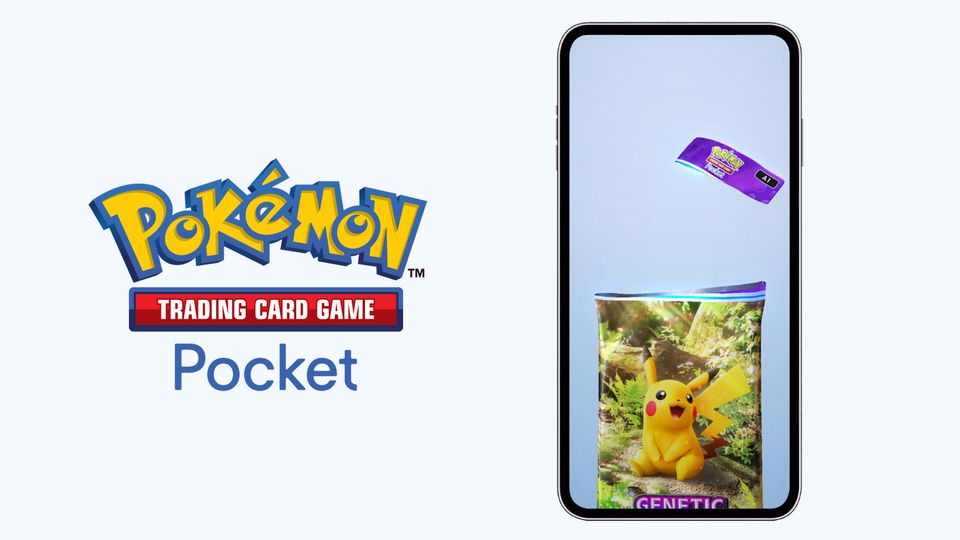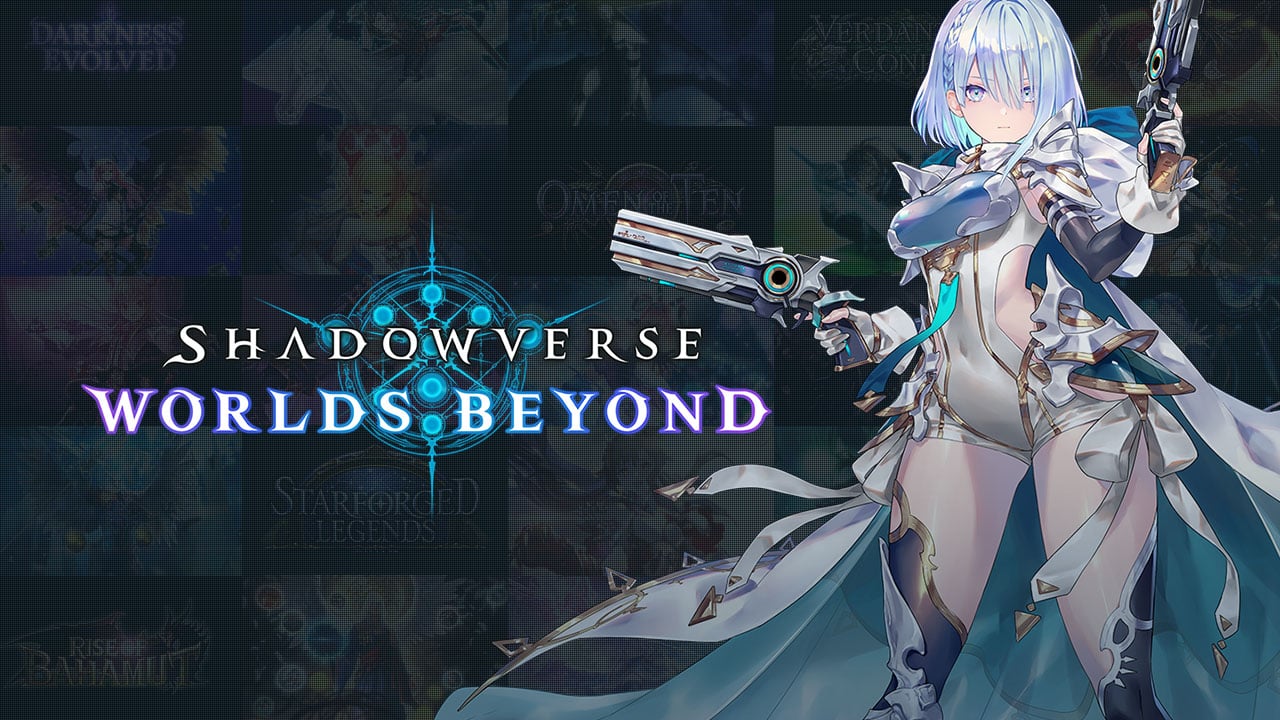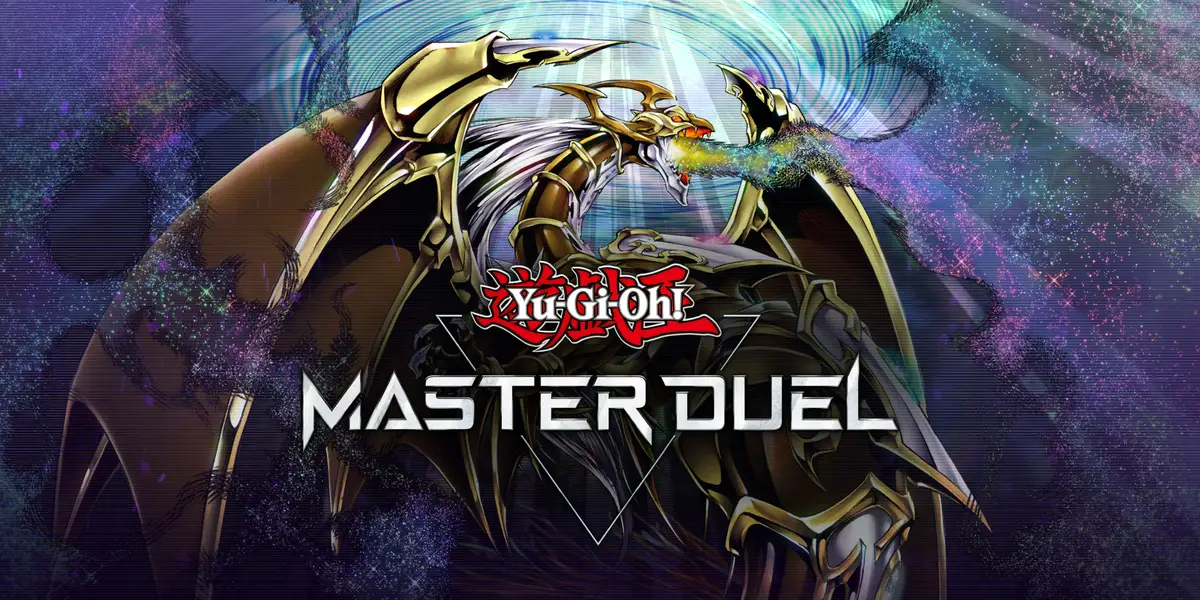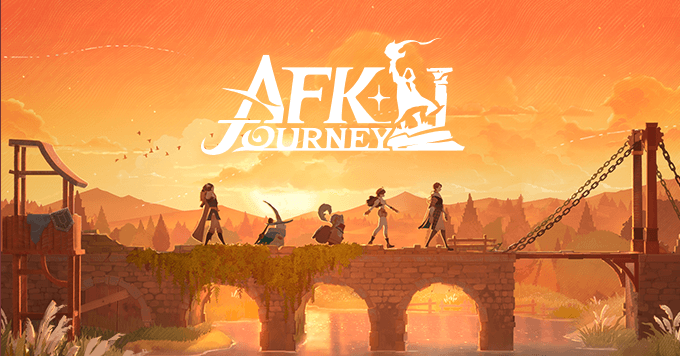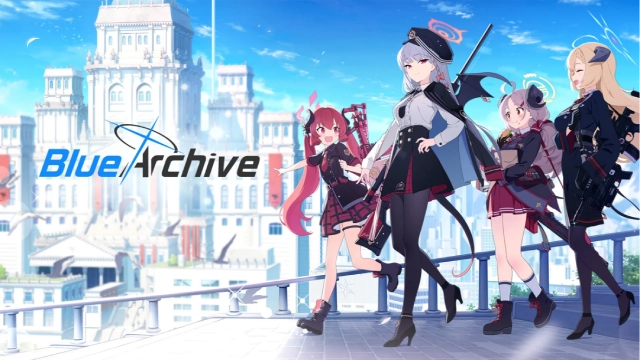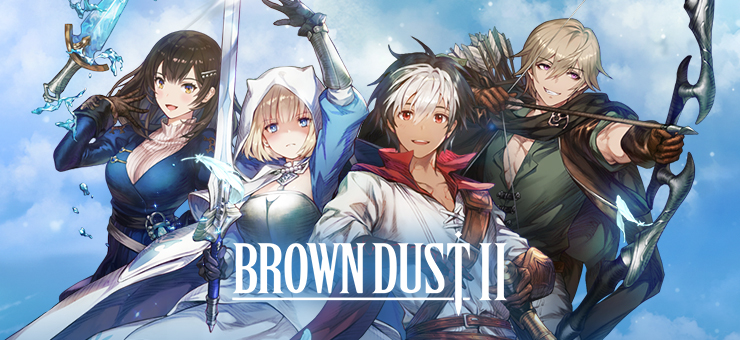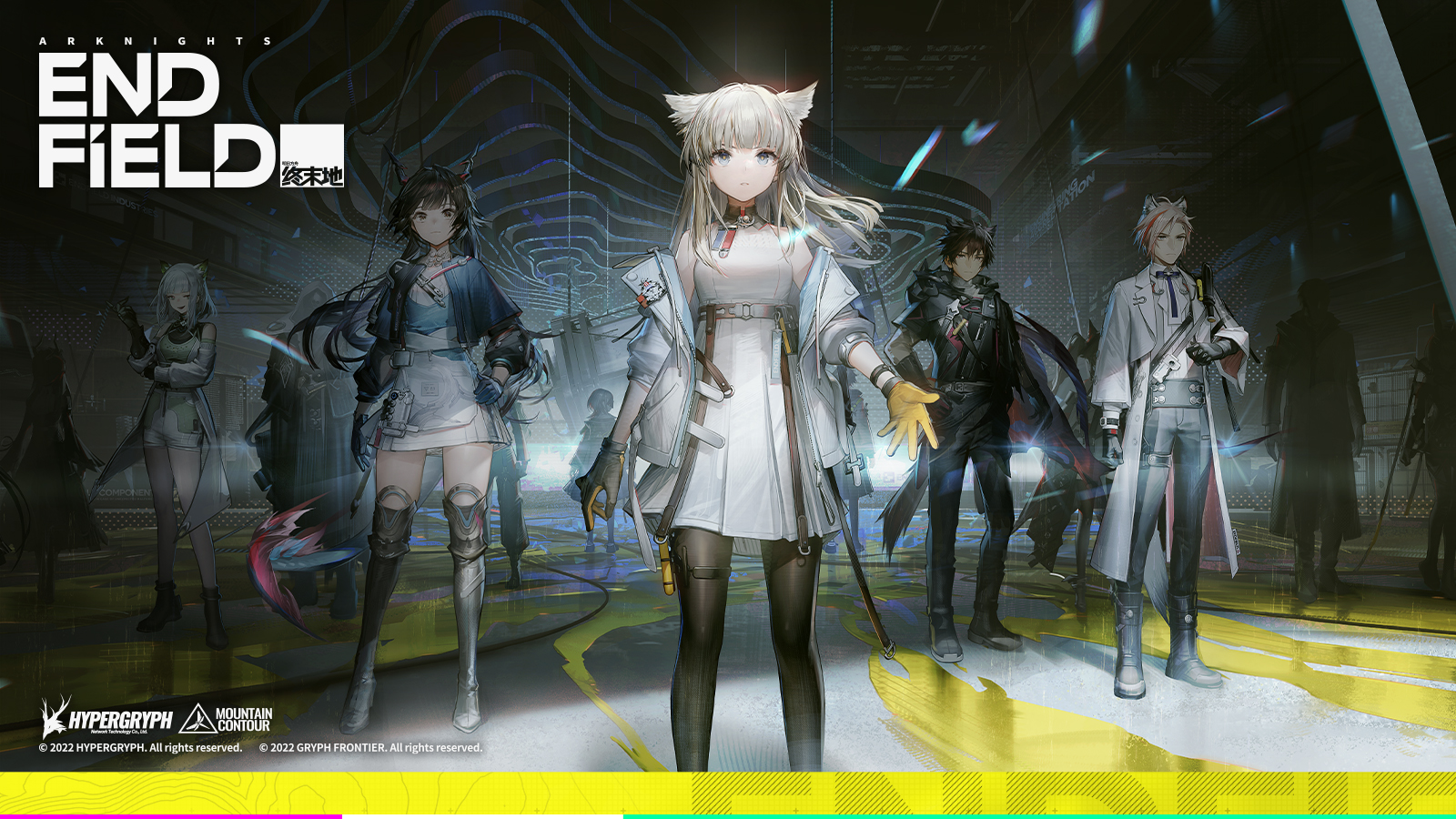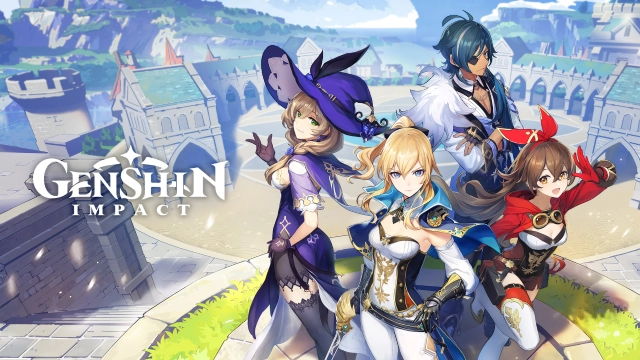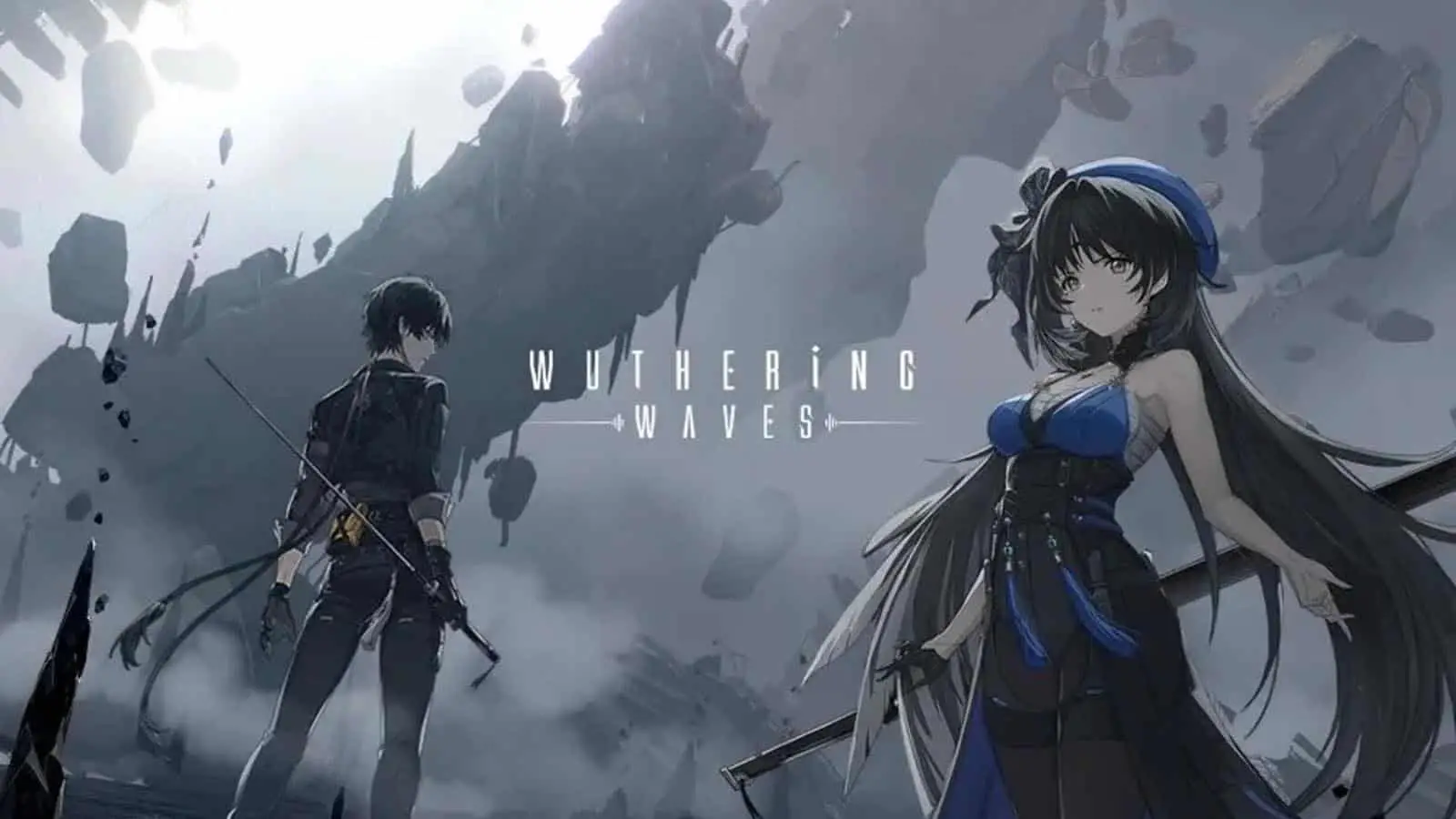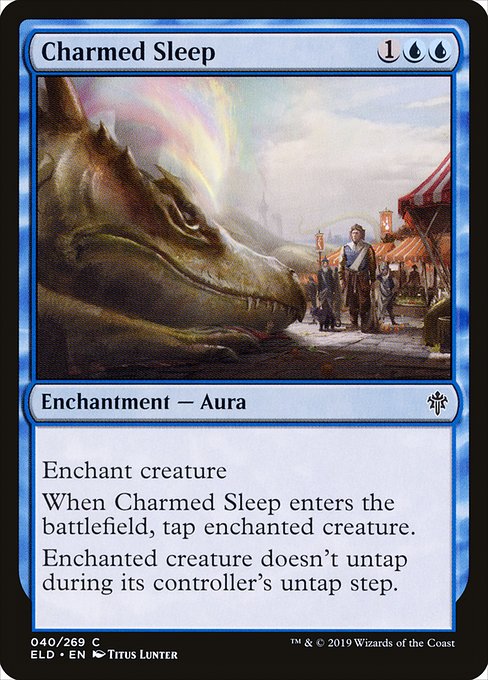Table of Contents
Limited formats are defined by removal. Its quantity and quality determines which strategies are valid. In some sets, large quantities of unconditional removal will make large creatures without any abilities practically unplayable. In others, availability of cheaply costed removal spells that kill smaller creatures make aggressive strategies much weaker.
This is why before the release of any set, I like to look at how the removal aligns with creatures in the format to gain a better insight on how the set might play out before I lay my hands (or in this case, mouse) on the cards for the first time. I focus on commons and uncommons, as they are more likely to end up in your deck, however there are few rare removal spells that do look very powerful so keep an eye out for them.
Unconditional Removal
Removal can be broadly assigned to one of the three categories. Unconditional removal are spells that remove a creature from action without any ifs or buts. Alchemy Horizons doesn’t have many of those at lower rarities. Black, which is usually associated with unconditional removal only has Grim Bounty, a very solid card from AFR, which may be even more potent here.
White has two enchantment based unconditional removal spells in Minimus Containment and the powerful Seatower Imprisonment, which not only deals with the threat, but also gives you a 2/1 creature with Double Team. This means that if your 2/1 attacks, you will get an additional 2/1. This is very similar to Sleep with the Fishes from Streets of New Capenna, and that spell was very powerful in any blue strategies.
However, enchantment based removal comes with a lot of downside. It can be dealt with and Alchemy Horizons has several spells that can kill enchantments, with some of them tagged on cards you may want to play otherwise, meaning you can’t count on your enchantments remaining on the battlefield forever. Even worse, there are very few enchantments in the set, making enchantments the most likely target of such incidental enchantment hate.
Another issue with enchantment based removal is the presence of blink as one of the strategies in the format. Blinking a creature exiles it and then returns it to the battlefield, but without any auras. The auras go to graveyard thus freeing the enchanted creature. Another theme is sacrifice, and if you sacrifice the target for Seatower Imprisonment, the creature will die, but you will not get the bonus 2/1 creature. Lastly, enchantment removal doesn’t always deal with the creature fully. Yes, it can’t attack, but with Minimus Containment opponent gets ramped and with Seatower Imprisonment, the creature will retain any triggered abilities.
A third unconditional removal is Rasaad, Monk of Selûne, a creature that exiles another target creature when it enters the battlefield and keeps it imprisoned until Rasaad leaves the battlefield. Of course though, creatures are even easier to deal with than enchantments, and while Rasaad is still a very powerful card, you can’t really count on the permanent removal of the threat.
Last and probably least, there are two blue unconditional removal spells in Alchemy Horizons in Charmed Sleep and Ray of Frost. Both do similar things, not letting their target untap. This is probably the worst type of unconditional removal as it leaves the abilities of the creatures available for use (unless the creature is red in Ray of Frost’s case) and still having the drawback of being negated by enchantment removal, blink or bounce spells.
Toughness Based Removal
The second broad category is, what I call toughness based removal. These are the spells that either deal X damage to a creature or give it -X toughness. The efficiency of those spells will frequently depend on how many successful targets are in the set. Alchemy Horizons has spells that can deal between one and five damage scattered across multiple colours.
To deal with X/1s – creatures with one toughness, there is really only one removal spell, Shambling Ghast, and to do its job, it needs to die. That should not be a large problem for a 1/1 creature which is in a colour with sacrifice synergies. Ghast was an excellent card against aggressive strategies in AFR and it looks to be even better here with plenty of good looking 2/1 and 3/1 creatures in the set.
There are several spells that deal with creatures with 2 (or less) toughness. Improvised Weaponry is an old friend from AFR, where this card proved to be a solid playable. The ability to ramp and to target your opponent with it were both useful in AFR and should remain so.
Sewer Plague is also in this category, but is much better than just dealing with an X/2. Its target will continue getting smaller during each player’s upkeep, which means the plague will eat through any creature eventually, making Sewer Plague potentially one of the best removal spells in the format.
Lastly we have Breath Weapon, a mini-sweeper that deals 2 damage to non-dragons. It won’t kill all the X/2s, as there are 8 dragons with power 2 or less in the format, but if you build around it well it can kill several creatures on opposing side while leaving your creatures unscathed.
There are only two spells that deal specifically with X/3s, but one of them will definitely be a format staple. Dragon's Fire is cheap and efficient and, especially in this format can potentially do much more that the basic version. There are several large dragons that look to me as they will be played a lot, which makes it potentially “pay 2 mana, deal 7 damage”, which is an excellent rate. In its basic form, Dragon's Fire still deals a respectable 3 damage which is enough to kill majority of creatures in the format.
Talking of dragons, the other way to kill an X/3 is Black Dragon, which gives a creature -3/-3 when it enters the battlefield. Despite the high mana cost, this card was very solid in AFR and there is no indication in will change in Alchemy Horizons.
There is only one spell at lower rarities that deals 4 damage, Mephit's Enthusiasm and it looks very powerful. It deals with an X/4 for the low cost of two mana, but if you don’t have any optimal targets, you can kill a smaller creature and give a permanent boost to the next creature you will play. Combined with evasive threats, tramplers, or first strike creatures, this can be an effect powerful enough you occasionally want to kill a smaller creature instead of a larger one.
Lastly we have spells that deal five damage. There are three of them and all reprints from AFR. Dealing five damage usually is enough to kill all but a few creatures. The three in question are Farideh's Fireball, Spiked Pit Trap, and You Hear Something on Watch.
Farideh's Fireball was ok in AFR, but nothing really special. You pay 5 mana for a spell that doesn’t guarantee a kill, and in controlling decks, the potential 2 damage you may take can be a difference between a win and a loss.
Spiked Pit Trap is even more expensive, but it might be the only way to deal with creatures in a permanent way in some colours, like Blue.
You Hear Something on Watch was an interesting, but fringe playable in AFR. It requires the threat to be involved in combat which will not always be the case, but in such scenarios, the cost is low and it gains extra value for its flexibility by having a second combat trick mode.
What can I kill with it?
“Ok, that is a nice story, but you are supposed to be the data dude. Where are the numbers?” Well, we finally come around to them. My main question in terms of removal before each format is: what percentage of creatures does each spell category kill. The graph below shows exactly that. It is divided by rarity of targets to give you better impression of spell utility. In the end you will be playing against common and uncommon creatures much more frequently. Of note, this only counts the front side of the specialize creatures, keep in mind that they can get substantially bigger once you let them specialize.

You can see that a Dragon's Fire will kill 75% of common creatures, but in its basic form it only deals with 43% of the rares and mythics. Interestingly, the uncommon creatures are modestly statted compared to commons. dealing 4 damage will kill 96% of uncommons (pre-specialize), but “only” 85% of commons. You can also see that rare creatures are much bigger than lower rarity ones. An important hint that to win against bombs in this format you might want to prioritise the unconditional removal, otherwise you may be in trouble.
Conditional Removal
Third category of removal are conditional removal spells. Here I like to specify two sub categories: where condition is the creature characteristic and where condition is the board state. With creature characteristics, this can mean creature power, type, ability. In this set we have four of those spells.
First one is Cast Down. A very cheap black removal that kills a non-legendary creature. It will be most definitely a good spell to have, but Alchemy Horizons is a set based partially on a commander-specific product, meaning you can’t really count it as an unconditional removal (see table below). It deals with any common in the set, but at higher rarities the list of targets grows thinner and thinner. 40% of uncommon creatures and 62.5% of rares/mythics are legendary which is pretty atypical from previous sets making Cast Down possibly weaker than you might expect.
Next spell is Guiding Bolt. It kills a creature with power 4 or greater and lets you scry 2 on top of that. There are not many targets for it, but those that can be targeted are probably a priority to kill anyway and you will almost certainly be ahead on mana on such exchange. It remains to be seen if this is a main-deckable card or a sideboard option for BO3 drafts, but I am hopeful you will want one copy of it even in BO1.
Next is Portable Hole, and artifact that exiles a permanent costing 2 or less when it enters the battlefield. It costs only 1 mana, but the fact it kills lower impact creatures and can be removed makes it an unlikely that, barring some fringe cases, it will be a priority card.
Lastly we have a group of spells that kill creatures with flying. Normally those are limited to being sideboard cards, but in Alchemy Horizons, one of them might actually be playable and not even because of high volume of flying creatures. You Line Up The Shot is a charm-style card with one of the options being “conjure Plummet to your hand”. However, it has more versatility as the other options let you deal with artifacts of enchantments or just draw a card for one mana. That last option, aided by the conditional upside of the other two, is something that may make the spell playable in BO1- the pseudo-cycling lets you hit your land drops faster in a format where the hand smoother lowers the probability of getting to 6 lands compared to traditional draft. This is a useful feature for decks that rely on getting a lot of mana on board.
There are two other spells that deal with flyers: Choose Your Weapon, which can deal 5 damage to a creature with flying and Ettercap, a 5 mana 2/5 with Reach that also has an adventure side that lets you kill a flier, but those two look more suitable as sideboard options.
How conditional is conditional?
As for the usefulness of those spells, Cast Down deals well with commons, but can be problematic with legend-ridden higher rarity creatures. Guiding Bolt has the opposite issue, where only few commons are valid targets but there are multiple rares it can deal with. Portable Hole shows little hope and killing flyers is a bonus rather that a feature in case of You Line Up The Shot.

How does Alchemy Horizon compare to other sets?
I looked at the stats of commons since Kaldheim and in most categories of damage-based spells it looks about average, not excessive in either direction. However there’s one notable exception, there are slightly more creatures with toughness higher than five at common than in any of the recent sets.

With low numbers of unconditional removal, this hints that this might be a format where a dumb big beast is going to be very playable. With some self mill, looting, and reanimating spells all at common and uncommon, this makes graveyard based strategies at least interesting to me in the early days, particularly if we see spells that enable them are not drafted highly. It also means that scarce unconditional removal is prime real estate in the format. If you play the big creatures, since most of the unconditional removal is enchantment based, you might want to make sure to have some incidental enchantment hate (as long as if it doesn’t come at a large cost to your deck).
There is only one thing left now – armed with this knowledge about removal, wait for the set to hit Arena and tuck in to drafts. I am really hopeful that we are having an interesting format in our hands and potential build-arounds and lack of very strong removal police can make it more fun than we might expect.
If you liked this article, great, that makes me immensely happy. For more speculation on the upcoming format, why not checking my Baldur's Gate primer seminar on YouTube? I talk even more about removal, and discuss my prediction about each of the 10 colour pair archetypes.
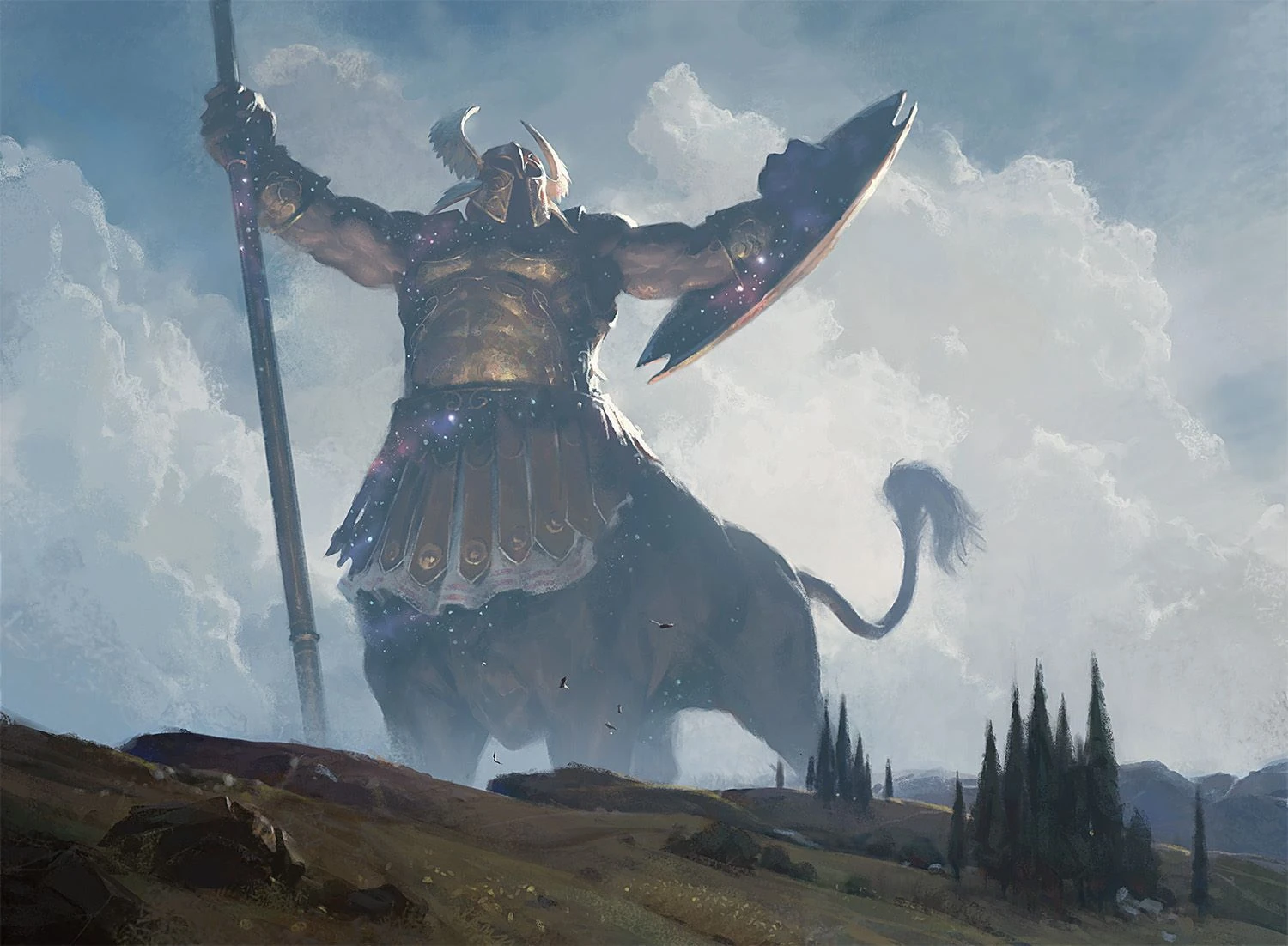
Premium
Enjoy our content? Wish to support our work? Join our Premium community, get access to exclusive content, remove all advertisements, and more!
- No ads: Browse the entire website ad-free, both display and video.
- Exclusive Content: Instant access to all exclusive articles only for Premium members, at your fingertips.
- Support: All your contributions get directly reinvested into the website to increase your viewing experience!
- Discord: Join our Discord server, claim your Premium role and gain access to exclusive channels where you can learn in real time!
- Special offer: For a limited time, use coupon code L95WR9JOWV to get 50% off the Annual plan!


